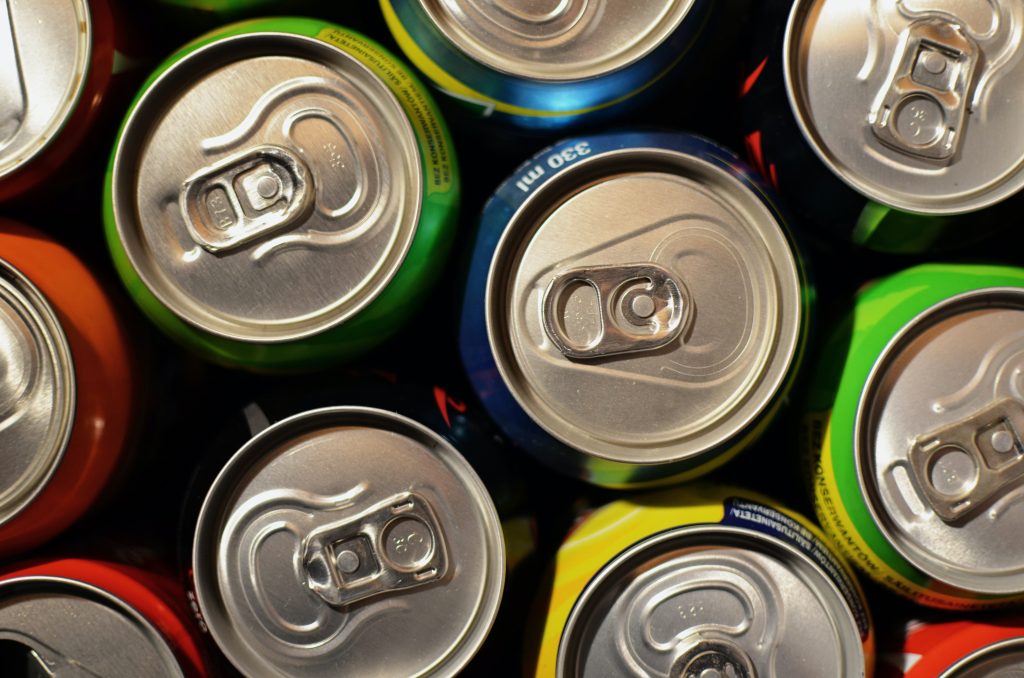
One of the first studies to look at the association between intake of sugar-sweetened beverages, artificially sweetened beverages, and incidence of liver cancer and chronic liver disease mortality, has found an 85% increase in liver cancer incidence between postmenopausal women who consume one sweetened drink per day and those who consume them rarely. Results from the study, which was led by Brigham and Women’s Hospital, are published in JAMA.
“To our knowledge, this is the first study to report an association between sugar sweetened beverage intake and chronic liver disease mortality,” said first author Longgang Zhao, PhD, of the Brigham’s Channing Division of Network Medicine. Zhao is a postdoctoral researcher who works with senior author Xuehong Zhang, MBBS, ScD, in the Channing Division. “Our findings, if confirmed, may pave the way to a public health strategy to reduce risk of liver disease based on data from a large and geographically diverse cohort.”
This observational study included nearly 100 000 postmenopausal women from the large, prospective Women’s Health Initiative study. Participants reported their usual soft drink, fruit drink (not including fruit juice) consumption, and then reported artificially sweetened beverage consumption after three years. Participants were followed for a median of more than 20 years. Researchers looked at self-reported liver cancer incidence and death due to chronic liver disease such as fibrosis, cirrhosis, or chronic hepatitis, which were further verified by medical records or the National Death Index.
A total of 98 786 postmenopausal women were included in the final analyses. The 6.8% of women who consumed one or more sugar-sweetened beverages daily had an 85% higher risk of liver cancer and 68% higher risk of chronic liver disease mortality compared to those who had fewer than three sugar sweetened beverages per month. No such increase was observed for consumption of artificially-sweetened beverages.
The authors note that the study was observational, and causality cannot be inferred, and relied on self-reported responses about intake, sugar content and outcomes. More studies are needed to validate this risk association and determine why the sugary drinks appeared to increase risk of liver cancer and disease. Furthermore, more research is needed to elucidate the potential mechanisms by integrating genetics, preclinical and experimental studies, and -omics data.
Source: Mass General Brigham

